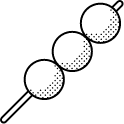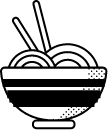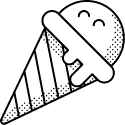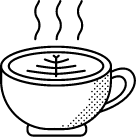
Tasting Room > Business, Management, Admin Table > Blake Ready
Interview conducted in March 2022
Appetizers
Starting with some basics.
Job Title + Years of Experience
Inside Enterprise Account Executive, 3 years
Areas of Expertise
Project Management, Data Storytelling, Market Research
Company + Industry
Cisco Systems, Networking Technology
Education
UC San Diego, Bachelor’s in Social Psychology, Minor in Business
Fun Starters
Getting to know the human side.
Favorite dessert?
I'm a simple man: a chocolate shake
Favorite book or movie?
Book: Atomic Habits by James Clear
Myers-Briggs personality type
INTJ
What do you like to do for fun?
Surfing, reading, exercising (lifting, running, yoga), travelling, woodworking
What's one thing you recommend doing in your city, San Diego, California?
The best thing to do in San Diego is watch the sunset from the cliffs at Gliderport, and then go score some dank tacos from Taco Stand (the one in North Park is by far the best)
Main Course
A quick deep dive into the day-to-day job.
Tell us about yourself and your job.
I studied Social Psychology and Business in college and ended up in HR because I wanted to explore Organizational Psychology in a business context.
After a 2-year rotational program, I ended up in my current role on our "People Research & Intelligence" team. I work on the go-to-market arm, which means that I partner with HR researchers and Data scientists to turn internal research into collateral (think infographics, workshops, slideshows) and communicate them to the right audience, through the right channels. We do research on topics like engagement, mental well-being, leadership, and attrition.
How did you end up in your field? What do you like about it?
I've always had a burning interest in psychology and human behavior, while simultaneously growing up around the business world and seeing both the innovation and opportunities present there.
At the beginning of college, I didn't see myself going down a more traditional psychology route (therapist, social worker, forensics, etc.), and discovered that there's a niche within business called HR where the interesting concepts from psychology can be applied to work! I've never been particularly interested in more core HR functions like recruiting, employment law, or compliance, so through some exploration (i.e. job rotations), I feel I've landed in the perfect place for my strengths and curiosities. I like my field for two reasons:
1. It feels impactful. Despite what you may be led to believe, the vast majority of people in HR genuinely want to improve the employee experience and wellbeing and are not trying to make your lives miserable.
2. The coworkers. Nearly everyone I've worked with in HR is truly kind, down-to-earth, and personable. I've had nothing but great experiences with all my managers and teammates.
What does a typical morning look like on the job?
I typically have a few team meetings starting around 9 AM, usually to share with my coworkers our priorities for the day, provide project updates, and make decisions.
One of my favorite calls we have is a weekly Research showcase, where individuals offer a deep dive on whatever interesting projects are currently in flight.
Cool, then what does a typical afternoon look like?
I might have a project check-in, but my afternoons are usually free for heads-down work, like brainstorming, ideating, creating collateral, and reading up on resources.
I'm usually able to sign off a little early and get a workout in or go surfing and come back in the afternoon to check my emails and messages again.
What types of projects and meetings are you involved in?
My work is very project-based- typically I will be on three to four different research projects at a time with varying levels of involvement. Depending on the maturity of the project, my role can look like:
Combing through data with researchers to begin to identify initial patterns
Beginning to craft a story and target audience from the findings
Creating visual collateral and seeking reviews from stakeholders -Sharing a research story with an audience
Who do you collaborate with in meetings and projects? Cross-functional teams? What's it like?
I collaborate predominantly with our internal HR researchers and data scientists. I have the privilege of working with some wicked smart people who have many more degrees and years of experience than I do in things like statistics, data analysis, and graphic design.
Sometimes I just observe them at their craft and try to absorb as much as possible and represent the "layman" perspective as we think about how to dumb down complex concepts into simple findings.
Unfortunately, I don't get the opportunity to work cross-functionally as much as my leadership does, but I think this is paramount for HR as we've shifted in recent years to be more of a 'strategic advisor' to the business.
Dessert
Now for some juicy insights in the tea room.
What's the most challenging thing about your job?
Without a doubt corporate politics and bureaucracy. I think you will find this at any company, but it's staggering at an enterprise-size corporation (and probably especially so in HR).
At the end of the day, a company is just composed of a myriad of people who, despite what their position might suggest, have a whole collection of flaws, shortcomings, and peculiarities that need to be navigated and understood to be successful.
Often an entire org restructuring or product change is hinged solely upon some executive quarrel in the background. On the bureaucracy piece, nearly any project will take twice as long as you imagine, will involve twice as many stakeholder reviews as you think it needs, and can also be chopped at a moment's notice due to other priorities. It can definitely make you cynical if you're used to having things always go your way and completing projects quickly.
What are some characteristics that can help someone succeed in your role?
By-and-large communication skills. I'd venture to say communication skills are the most important in nearly any job. No matter how knowledgeable or correct you might be, none of that matters if you can't effectively articulate your ideas and collaborate empathetically with others.
Similarly, if you can confidently present and tell a story with your work, you can win the buy-in of almost any audience. Especially when you're seeking to reach a leadership role, your job transitions from a work-based role to a people-based role, and those who excel learn to communicate well.
Any advice on how to stand out and get hired for those just starting off?
Network with some people from my rotational program! I'm serious- we have 30+ early in career individuals from a huge range of schools, majors, identities, work experiences, and interests that are always happy to chat with interested college students.
Apart from that, I would say look at your previous job experiences and see how they can be translated into HR-like roles. Did you lead a small team on a project, learning to balance different communication styles and resolve conflict? Have you helped market for, recruit, and interview candidates for your school organization?
Being able to speak to how these experiences can carry over into an HR role can help you stand out, you don't necessarily need to be pursuing a degree in HR.
What's something that surprised you about your job?
How chill it is. No one is monitoring me to be sure I'm at my computer from 9-5 every day or micromanaging all my work.
There's a deep and explicit culture in my team of "I trust you to get your work done when and how you see fit" that I find very refreshing and enabling. We're even piloting a four-day workweek right now!
What do you see your next step being?
Funny enough, I actually don't see myself in HR or in the corporate world at all in 5 years. I've realized through my experience thus far that I'm someone who needs a much more tangible purpose in their career, I'm not as easily able to compartmentalize my work and things that bring me fulfillment.
That, paired with some coaching experience I had and a lot of self-reflection, has made me realize I want to pursue grad school for psychology to become a Cognitive-Behavioral therapist in the future. I'm planning to apply to Doctor of Psychology (Psy.D.) programs in the fall to pivot into the mental health field!
Any last thoughts, advice, or recommendations for someone who wants to do what you do?
Don't let the haters tell you otherwise: HR is cool, interesting, and pays better than you might think! If it doesn't work out, the skills are transferrable to so many other jobs



